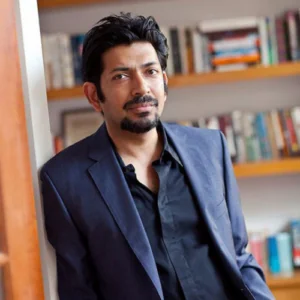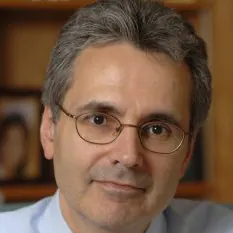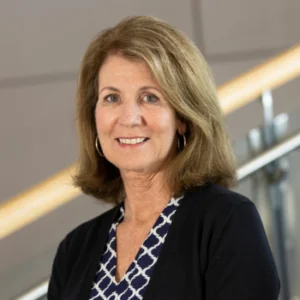Cancer Formation
What is Cancer Formation?
Cancer develops through a multi-step process where cells accumulate genetic mutations and epigenetic alterations that enable them to bypass normal growth controls, avoid cell death, enhance proliferative signaling, promote angiogenesis, and acquire invasive and metastatic abilities. This involves inactivation of tumor suppressor genes and activation of oncogenes.
Understanding the molecular and cellular processes involved in cancer formation is crucial for developing more effective prevention strategies and treatments.
NFCR IMPACTS IN CANCER FORMATION RESEARCH
- NFCR funds research projects investigating novel mechanisms of cancer initiation and progression, contributing to our fundamental understanding of cancer biology.
- Through its educational initiatives, NFCR raises public awareness about cancer risk factors and the importance of early detection based on cancer formation research.
- NFCR supports studies exploring the interplay between genetic predisposition and environmental factors in cancer formation, advancing personalized prevention strategies.
- NFCR’s collaborative research programs facilitate the translation of cancer formation insights into innovative therapeutic approaches and diagnostic tools.
NFCR-Supported Researchers Working on Early Detection & Intervention
Azra Raza, M.D.
Columbia University
Siddhartha Mukherjee, M.D., D.PHIL
Columbia University
Ronald A. DePinho, M.D.
University of Texas MD Anderson Cancer Center
Michelle A. Kelliher, Ph.D.
UMass Cancer Center
A world without cancer is possible. Help us turn lab breakthroughs into life-saving realities.

5.7 Million+
Donors who have fueled NFCR’s mission

$420 Million+
Invested in high-impact research & programs

36+ Labs & Hundreds of
Nobel Laureates & Key Scientists received NFCR funding, driving breakthrough research














